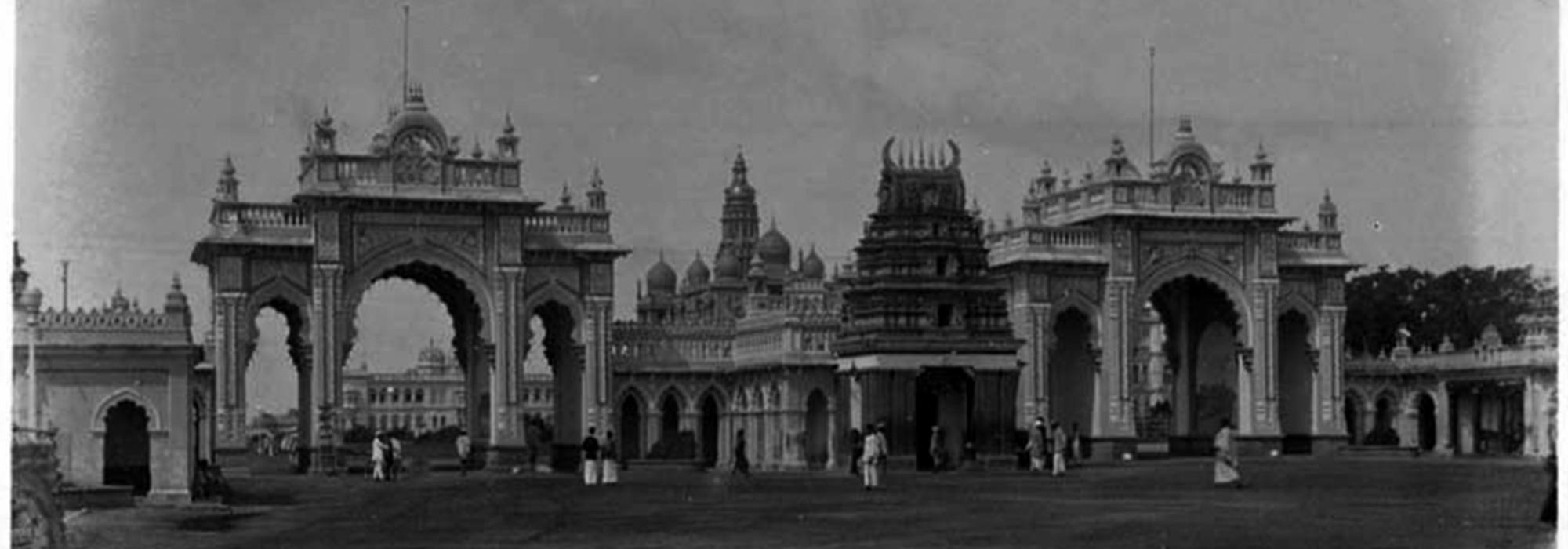Business Acumen
In the past twenty years, how many commoners have risen from poverty to affluence? How many government officials and employees have maintained multiple accounts? This is one part. Another part is of incapability. Our factories resulting from the five-year plans expect professional and scientific capabilities as well as competence in business. This is called ‘know how.’ That capability comes with academic expertise and years of experience. Among our people this professional ability is still in its infancy. But if we call those in power as childish, will they accept it? Will their jāti-bāndhavas—community brethren—agree? From some government office this department receives a receipt of pending dues. That is written in English numerals. In that receipt there is confusion if the numeral is three or five or eight. Overall, in the balance sheet, there will be huge differences. When shown to the officer he smiles sheepishly and asks to call the clerk to rectify it. At how many places does this occur? And how many times?
The officer’s smile is pregnant with meaning.
Far worse than professional incompetence is the inappropriateness and wretchedness in policies.
One of my friends is a lawyer. Among his clients is a pensioner who was once a high-ranking police officer. This chap approached the lawyer when his case was getting delayed. The lawyer took him along to the court, sat somewhere nearby and asked the policeman to enquire with the court’s clerical department. The police pensioner went inside the clerk’s office and returned after eight to ten minutes and said, “Sir, I was in the police department. It is famous that the police take bribes. But we are no match for the court staff. Every table you lay your eyes on has a five-rupee note or a ten-rupee note. If asked ‘When is our hearing date,’ it is five rupees. Upon asking ‘Where are our documents?’ it is ten rupees…”
Once I had asked a farmer with whom I was very familiar, “Why do you lie like this?”
To that he replied, “Don’t your ministers (i.e. politicians) tell lies, sir?”
Prophecies
One of my friends retired after being promoted from the position of Deputy Commissioner. He was from a large family. His father’s elder brother passed away without any heirs. In his will he had written that all his property was to be given to his brother’s children. The documents required for this were needed. At that point, those documents had to be searched in the very office in which my friend was a Deputy Commissioner [when he was in service]. When my friend went to the office and enquired, the head clerk replied, “That document is not here at all sir; it has gone to the government.”
My friend asked, “Why will it go to the government, my lad? Do I not know the procedure followed here?”
“It should be among some old files sir. It will take some time to search for it.”
The person who had gone there was indeed an oracle, who could look into the future. He took out a twenty-rupee note from his pocket and said, “Yes, to do this task along with the day-to-day duties is difficult. Please get this done on a Sunday when you are free,” and gave it as an offering.
The very next Sunday the documents were found. It is he who should be considered as fortunate.
Some Basic Lessons
The government needs money. It should only have whatever is needed. The government should not take up unnecessary work. People need hundreds of things to be done. But the government can do only ten of them. It should not take up the eleventh task. If the government collects money in the name of the eleventh task, it is bound to get wasted. For every paisa of the government there will be a shareholder waiting. If money increases so does the wastage. If wastage is more, corruption also increases. If money increases, market prices also increase. If prices increase, daily wages also increase. If the daily wages increase, the price of groceries will increase even further. All these are fundamental lessons in economics.
Party State
In what frame of mind do we celebrate independence? The last twenty-three years have been the struggle of political parties. Especially in the last three years, politics denotes a competition among political parties, a war between political groups, a battle among parties.
When will the country find stability and peace! Among all our losses the loss of morals is the saddest. Hasn’t our country witnessed men of great calibre? Can we not escape from our troubles through the competence and calibre of such great men? Whatever happens, whatever be the fights, we should be clean-handed; our hands and mouths should be pure. Our Venkatakrishnayya used to say this repeatedly: “Fight if you must, but always with clean weapons.”
Disarray
Our government is known as ‘parliamentary democracy.’ The parliament analyzes the problems of the masses from various parties, various angles, and decides what is right – this is the philosophy. In our experience, this has been merely a theoretical concept. What is the reality? Disruption of sessions, crossing limits, defection to other parties, disarray, crowds, and hustling. A gherao at the drop of a hat, a strike at the slightest provocation. Thus proceeds our present democracy. We are ‘enjoying’ the fruits of independence through such chaotic governments, through such disarray.
Our national leaders have not allowed independence to remain ‘independent;’ they have made it dependent; probably dependent on the machinations of Russia or China, or America [United States], or some other country. This is definitely not run by India independently. Thus, whatever questions existed prior to independence still remain unsolved. Instead, a slew of new questions have cropped up.
Self-Education
Then, is independence bad? Who in their right mind would say that? Independence is needed; it is very much necessary. Along with it, self-education (or self-refinement) is also needed. The common man should bring this to his knowledge. He should be wise enough to choose the right representative. Having chosen, he should also keep track of that elected representative’s conduct and performance. Election and Supervision: these are the fundamental duties of a citizen. Is the country mature enough to be independent? – The answer to this question lies in the wisdom of the population. If they show their wisdom in electing and in supervising, then the independence is fulfilled. Supervision has a component of motivation as well. Motivating the elected representative is the most fundamental of all. The population’s mind and intellect should ruminate upon social issues and convey to the representative a suitable manner to tackle it. Going ahead, the representative must be persuaded to act upon those suggestions. If a representative acts in a way which opposes the populace’s wishes then the citizen should be ready to punish such a representative.
In this manner, Awareness, Wisdom, Motivation, and Power of the masses – if all these four facilities are made available sufficiently to the common man, we can say that our independence has been fulfilled. If at all this has to be put in a single word, as Gokhale and Gandhi used to say, our social life should be focused on sattva or goodness.















































